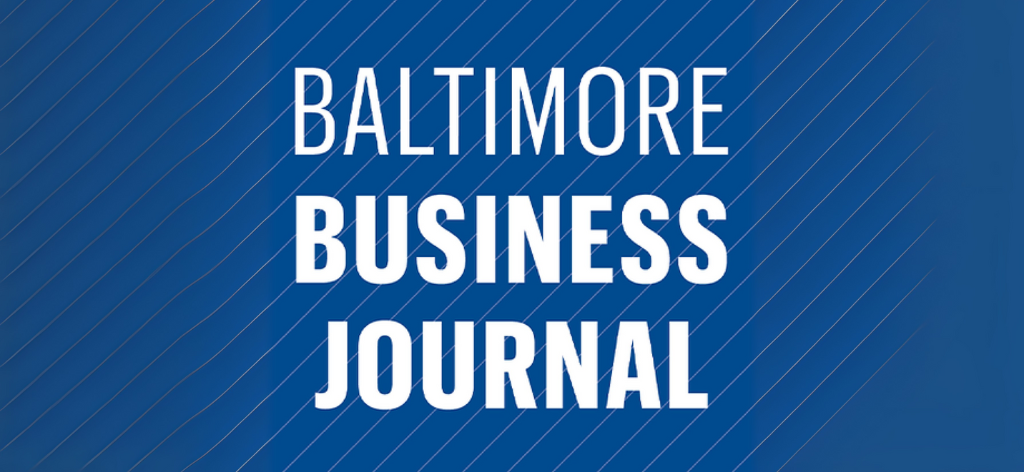After 20 years working in the health care manufacturing industry, I recently left my role as a product development and quality assurance professional to lead the nonprofit organization I founded that was inspired by my daughter who was diagnosed with a rare syndrome. I’ve witnessed firsthand the profound impact caregiving can have on our lives.
While our society often celebrates the selflessness of caregivers, it is crucial to focus on an aspect that is frequently overlooked: the mental well-being of caregivers, especially in the workplace.

GET TO KNOW YOUR CITY
Find Local Events Near You
Connect with a community of local professionals.
Caring for someone with special needs or a chronic illness is a journey filled with unique challenges that can be hard to understand unless you are living it day in and day out. The emotional toll of caregiving can be immense, leading to feelings of isolation and exhaustion.
According to a recent report from Harvard Business Review, a staggering 73% of employees carry some form of caregiving duty. These responsibilities often spill over into work and personal life, affecting productivity and overall quality of life. The stress of balancing work commitments with caregiving duties can lead to burnout, anxiety and depression.
Many employers do not monitor the caregiving status of their employees, which leads to a lack of essential support systems, including appropriate benefits and policies. As a result, U.S. companies face an annual loss of $35 billion due to their inability to attract, support, and retain this important segment of the workforce, which includes over 100 million family caregivers nationwide.
Many caregivers face what I call Adverse Mind Inhibitors (AMIs). These complex emotions such as grief, guilt, betrayal, resentment, neglect and insecurity can greatly affect our ability to perform and thrive. These inhibitors not only shape how we think and behave but can also severely impact our overall mental well-being.
Identifying the underlying causes of these AMIs and acknowledging our struggle to release them is the initial step toward achieving a clearer and healthier mindset. This personal development, combined with meaningful support from others, can be immensely beneficial.
To support caregivers effectively, society and employers must take actionable steps to create a more compassionate environment. Here are four ways we can better support caregivers in the workplace:
- Flexible work policies: Employers should consider implementing flexible work arrangements that allow caregivers to manage their responsibilities without sacrificing their careers. Options like remote work, flexible hours and family leave can make a significant difference in a caregiver’s ability to balance their duties.
- Access to mental health resources: Organizations can provide mental health resources as part of employee benefits. Offering access to counseling, support groups and wellness programs tailored for caregivers can help them cope with the emotional burdens they face.
- Awareness and training: Raising awareness about the challenges caregivers encounter is vital to fostering empathy and understanding in the workplace. Training programs for employees and management can help create a supportive culture that recognizes and values the contributions of caregivers.
- Customized benefits and policies: Introducing benefits designed specifically for caregivers, such as partially or fully paid family leave, access to backup child care services or emergency financial support for caregiving-related costs, can greatly ease the challenges caregivers encounter.
Companies that recognize the challenges faced by employees who are caregivers and advocate for their mental health by introducing supportive initiatives and promoting awareness among all employees, improve talent engagement and retention and increase production.
Shari Bailey is the founder and CEO of Laila’s Gift, a nonprofit organization headquartered in Maryland that advocates for, supports, and celebrates children with special needs and disabilities, and their families. She can be reached at info@lailasgift.org.







